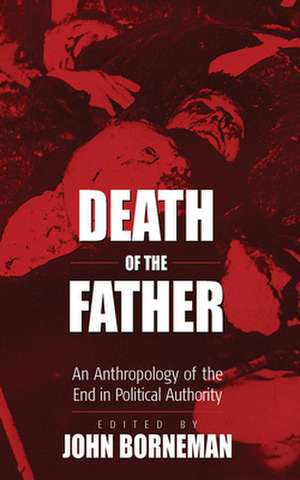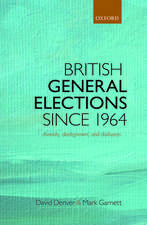Death of the Father
Editat de J. Bornemanen Limba Engleză Paperback – 15 dec 2004
Preț: 259.64 lei
Nou
Puncte Express: 389
Preț estimativ în valută:
49.68€ • 52.01$ • 41.11£
49.68€ • 52.01$ • 41.11£
Carte tipărită la comandă
Livrare economică 07-21 aprilie
Preluare comenzi: 021 569.72.76
Specificații
ISBN-13: 9781571813893
ISBN-10: 1571813896
Pagini: 256
Dimensiuni: 152 x 229 x 14 mm
Greutate: 0.35 kg
Ediția:Revised
Editura: BERGHAHN BOOKS INC
ISBN-10: 1571813896
Pagini: 256
Dimensiuni: 152 x 229 x 14 mm
Greutate: 0.35 kg
Ediția:Revised
Editura: BERGHAHN BOOKS INC
Notă biografică
John Borneman, Professor of Anthropology at Princeton University, specializes in political and legal anthropology. He has written widely on national identification and symbolic form in Germany and on the relation of culture to international order. His most recent work is on accountability and the use of retributive justice in preventing cycles of violence.













